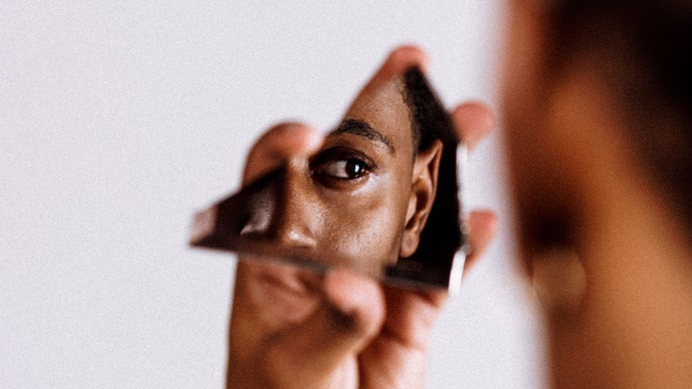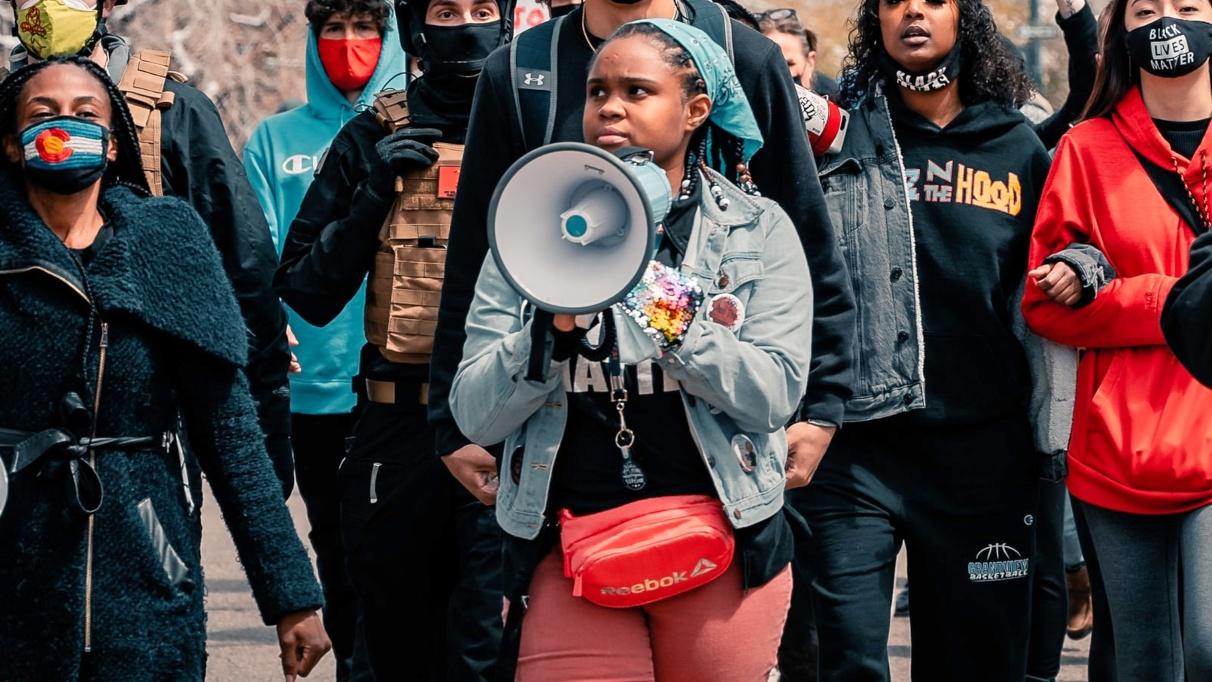Emily van der Merwe introduces SexYZ, winner of the 2017/18 PfAL social campaign. In this launch blog post, she discusses the team plans to use visual learning and animation to increase the impact of the campaign.
Think of a video that you watched that changed your worldview, or even changed your life. (For me it was The Lion King, and most recently, Call me by your name. My friends mentioned The Notebook, I am Sam; and certainly that video on Tea and Consent.) There’s no doubt that some stories can change our perspectives.
This is exactly what we intend to leverage with SexYZ, our 2017/2018 Programme for African Leadership (PFAL) social campaign. Our team (hailing from Burkina Faso, Ghana, South Africa, Zimbabwe, South Sudan and Mauritius) identified teenage pregnancy as one of the most pressing issues in our respective communities.
Every year, 16 million girls between the ages of 15 and 19 fall pregnant. Unplanned pregnancy is one of the main reasons why girls drop out of school, and herein lies our biggest concern. If we want to work towards a continent with better education outcomes, we cannot neglect to address the underlying factors preventing young people (in this case, young girls) from obtaining an education. We acknowledge that teenage pregnancy stems from many causes and we cannot possibly address them all – we are powerless against some cultural norms (such as teenage marriage), but if we can address just one small part, we want to focus on agency.
What we’ve set out to do, is to send a message of empowerment and choice to young girls and boys. Our chosen medium is visual, specifically a series of animation videos. Visual communication has been shown to be the most effective means of messaging and we would like our message to stick. We also opted to use a character, a teenage girl who is relatable yet inspiring, to portray the message. With the help of Chipo and her friends, we will navigate topics like dating and sex, safe sex, bargaining and consent, and pregnancy in our series of short animation videos.
Because we know that attempting to do too much sometimes results in not getting anything done, we decided to focus our message specifically on rural Zimbabwe, because of the particular need we identified there. According to a 2016 UNFPA report, a lack of knowledge about contraception and/or pregnancy was cited as the main reason for over 30 per cent of first time pregnancies in rural Zimbabwe.
If our campaign works there, who knows, it might work anywhere. This is also why we harness visual learning and animation specifically: to make the message more scalable.

But how will we know it if works? Well, that will depend on the effectiveness of our medium, and our communication networks. We will be sending our message out into the world soon, and then we will rely on our own networks, as well as our contacts on the ground (NGO’s, local social media influencers etc.) to get the word out. Mostly, we hope, our videos will speak for themselves.
This relates to one of our central goals with this campaign: to rewrite the dominant narrative in sexual education we grew up with. Through our videos, we hope we can actually speak for ourselves (and to those slightly younger than us) to tell them they have a choice in how they conduct their lives, sexually and otherwise. We believe there is value in this narrative as it gives agency to young people, and tells them that their future is in their hands. Some of the most interesting parts of the process have been to imagine ourselves back in high school, trying to make sense of adolescence and asking, “what is the message that we really needed to hear?”
We believe that message, universally, is that young people have the power to choose their own futures.
As we are now in the pre-production phase, we welcome any inputs with regards to our videos or how to best share them once they are made. We are thankful for the support so far from the PFAL group, and will keep you updated as we go forward.
Follow the SeXYZ campaign on Twitter @SEXYZ_ZIM
Emily van der Merwe is doing a Masters in Environmental Economics and Climate Change at the LSE. She is from South Africa, and has an interest in sustainable development and social enterprise. Prior to joining the LSE, Emily studied Economics and Law at Stellenbosch University.
The views expressed in this post are those of the author and in no way reflect those of the Africa at LSE blog, the Firoz Lalji Centre for Africa or the London School of Economics and Political Science.






